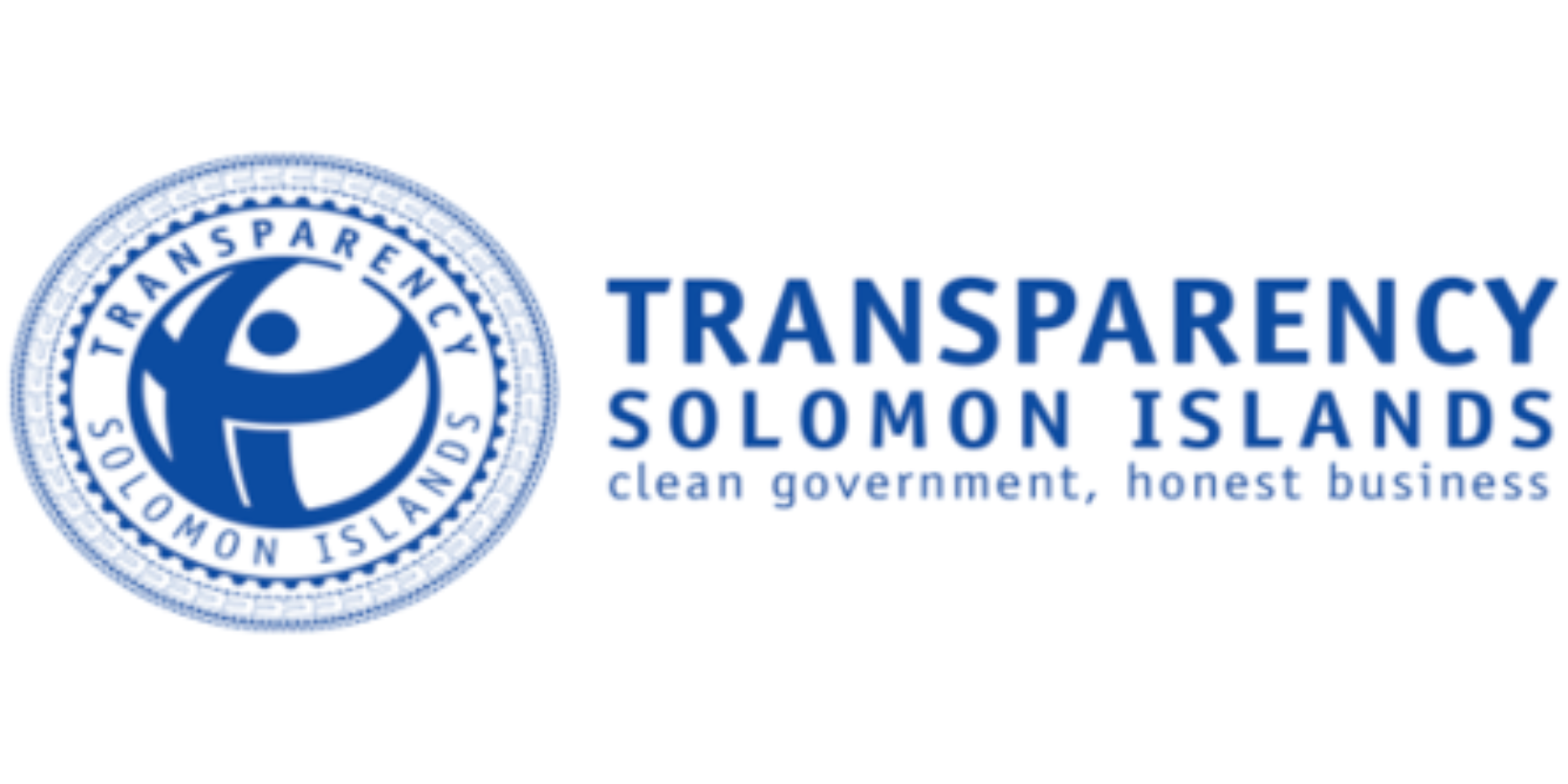Informed citizens make informed decisions. A strong Right to Information (RTI) system is crucial for uncovering and preventing abuses of power and for strengthening the fight against corruption.
Access to information is a fundamental human right enshrined in Article 19 of the Universal Declaration of Human Rights, which grants individuals the right to seek, receive, and share information and ideas.
This principle is based on the understanding that all information held by governments and public institutions belongs to the public and should only be withheld for legitimate reasons.
The Constitution of the Solomon Islands also recognizes this right. Clause 12(1) under ‘Protection of Freedom of Expression’ includes the freedom to “receive ideas and information without interference.”
However, despite this constitutional guarantee, the right is not supported by legislation.
The Solomon Islands currently lacks a formal Right to Information or Freedom of Information Act, which would enable citizens to request documents and data regarding the operations of public authorities and the use of public funds.
Progress toward such legislation has been limited. A 2020 report by the United Nations Office on Drugs and Crime (UNODC) on the status of the right to information in Pacific Island Countries noted that a draft Freedom of Information policy and law, prepared in 2016, was still under review.
In the same year, the Solomon Islands, along with other Pacific leaders, endorsed the Teieniwa Vision, a regional commitment to strengthen anti-corruption efforts, including recognizing the right to information as a key tool for transparency and accountability.
However, years later, the draft policy has not advanced into a formal legislative bill.
Transparency Solomon Islands (TSI) urges the government to revisit the Right to Information Bill and take the necessary steps to ensure its passage into law, especially in light of recent issues surrounding sufferance wharves that have exposed gaps in transparency and accountability.
Enacting a formal RTI law would empower citizens to request information from governments and organizations, enabling them to monitor government progress on critical issues and question priorities, projects, and spending.
When reliable data is accessible, it becomes significantly more challenging for abuses of power to remain concealed.
Beyond accountability, RTI offers broader benefits. It strengthens democratic governance, enhances public sector efficiency, and promotes inclusive, participatory decision-making.
RTI also supports anti-corruption efforts, improves media reporting, encourages civic engagement, and can contribute to economic growth and innovation.
Ultimately, the right to information allows individuals to understand how decisions affecting their lives are made and to engage meaningfully in public decision-making.
Globally, around 120 countries have enacted RTI laws, Solomon Islands has yet to join this growing list. While passing an RTI law is essential, it is only the first step; for it to be meaningful, the legislation must meet international standards and be actively enforced.
On the occasion of the International Day for Universal Access to Information on September 28th, TSI calls on the government to act decisively.
Enacting a strong RTI law would not only fulfill constitutional promises but also strengthen governance, combat corruption, and create a more transparent, accountable, and inclusive system for all Solomon Islanders.
– TSI









